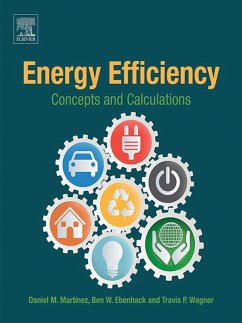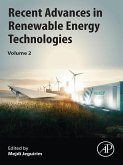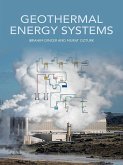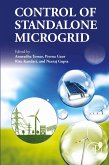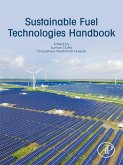Providing a technical discussion of the application of common methodologies (e.g. cost-benefit analysis and lifecycle assessment), each chapter contains figures, charts and examples from each sector, including the policies that have been put in place to promote and incentivize the adoption of energy efficient technologies.
- Contains models and tools to analyze each stage at the macro-level by tracking energy consumption and how the resulting data might change energy use
- Includes accessible references and a glossary of common terms at the end of each chapter
- Provides diagnostic figures, tables and schematics within the context of local, regional and national energy consumption and utilization
Dieser Download kann aus rechtlichen Gründen nur mit Rechnungsadresse in A, B, BG, CY, CZ, D, DK, EW, E, FIN, F, GR, HR, H, IRL, I, LT, L, LR, M, NL, PL, P, R, S, SLO, SK ausgeliefert werden.

